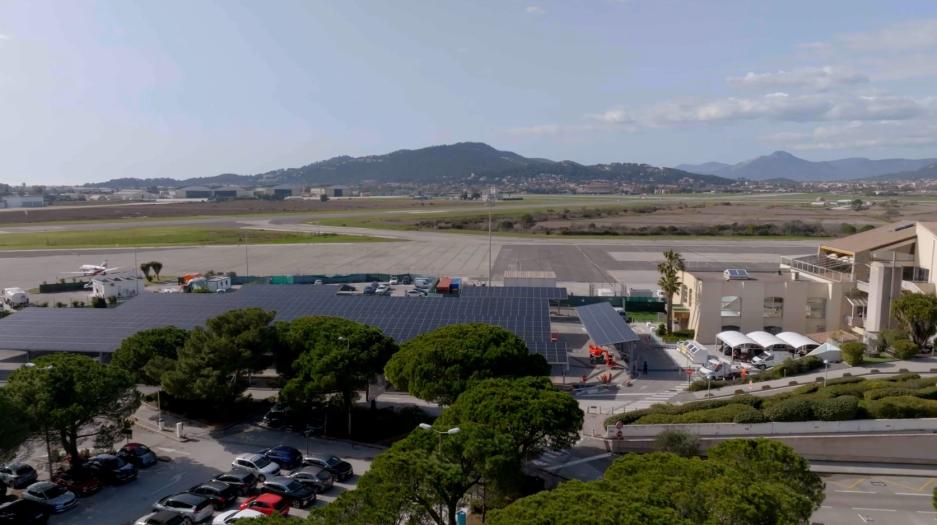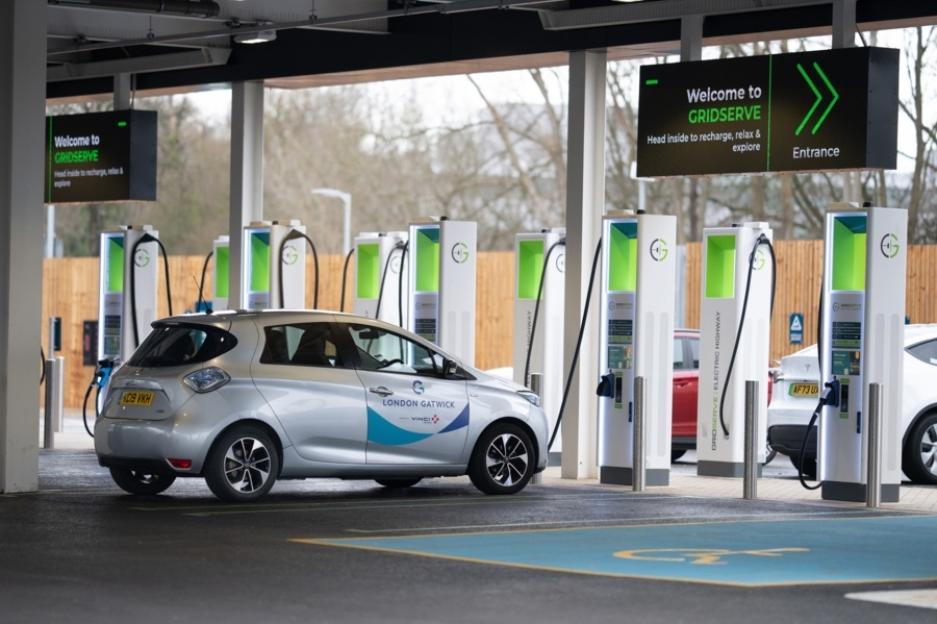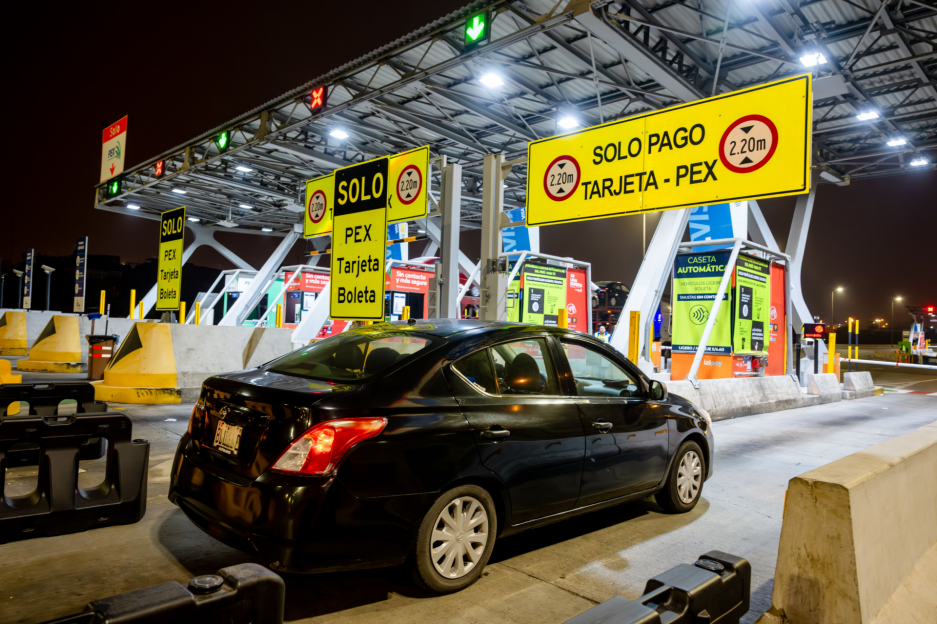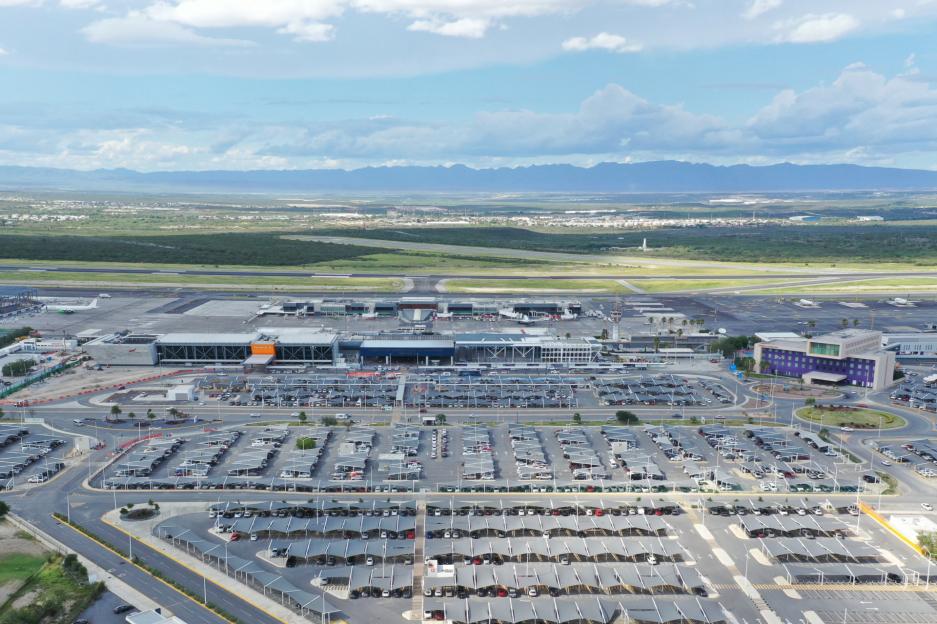
Positive Mobility
eMagWe are an accelerator of transformation

Thanks to the work of our teams, our overall performance was indeed remarkable in 2023. Results were good due to two decisive factors, the first being the recovery of traffic. For VINCI Airports, traffic returned to 2019 levels and even reached new records at certain parts of the network in Serbia, Portugal and Central America. Meanwhile, in our other businesses, traffic exceeded pre-Covid levels on our international highways it rose by 5.9% this year compared to 2022, while that of the Tours Bordeaux high-speed line operated by VINCI Railways once more recorded 3.4% growth in 2023. But in 2023, we also reaped the results of initiatives that we put in place from 2020 to face the Covid-19 crisis, with the drastic cost-cutting plans deployed during that time. The crisis was brutal, but it allowed us to prove the stability and solidity of the VINCI Concessions community, now made up of over 22,600 employees worldwide. It also demonstrated the relevancy and resilience of the concession model. This enabled us to guide countries, without drawing on public finances, by helping them to restore the mobility and connectivity that are so crucial to the vitality of their domestic and international trade. Tourism is now once more becoming a dynamic economic industry, with the need for mobility growing across the world, and we are ready for it.

Encourage the development of mobility without worsening the climate crisis
Our biggest challenge is combining the return of mobility with the need to protect our climate; that is the project of our generation. VINCI Concessions has been applying an ambitious environmental strategy since 2016. This has already enabled us to work on the ground to preserve biodiversity, treat water and waste at our concessions, and above all establish recognised leadership in terms of reducing our CO2 emissions. We committed to halving our direct CO2 emissions between 2018 and 2030 and we met that target in 2023 seven years ahead of schedule. Our new ambition is therefore to reduce our direct emissions by two thirds by 2030. We’re on the right track. Today, 75% of the electricity consumed at our airports comes from renewable sources, and 4 airports in our network (Toulon Hyères, Beja, Madeira and Ponta Delgada) have been ranked among the top 10 airports worldwide for the highest environmental distinction in the sector. They were the first airports in our network to achieve net zero emissions in their activities, and others will follow their lead. We only have one planet. We are therefore exporting our environmental strategy and our ambitions to all of the infrastructure in our network, while taking unique local needs into account. Operating airports in Mexico and highways in Brazil means running services that these countries’ economies rely on.

Reduce Scope 3 emissions produced upstream of activities thanks to various tools
It’s a collaborative, sector-wide project. We lead by example in our area of responsibility, but we are also responsible for guiding our clients in the fight against climate change and their decarbonisation pathway. By offering biofuels at our airports, we are enabling airlines to anticipate changes to their fleet. And in 2023 we also signed partnerships with two of them so they could benefit from our reforestation programmes. More generally, we are doing everything we can to step up the energy transition and enable alternative channels to develop quickly. We are also very actively involved in the electric mobility sector. We won a contract in Germany in 2023 to install around 100 charging points for electric vehicles, which will contribute to targets set by the public authorities. We also installed electric vehicle charging stations at Lisbon and London Gatwick airports. And in Japan, Osaka has become home to the country’s largest airport parking area for electric vehicles. We are also involved in hydrogen mobility, both through strategic partnerships with key players like Airbus and Air Liquide or the Hy24 investment fund, but also in a very tangible manner on the ground by carrying out pilot experiments at Lyon Saint Exupéry airport.

Innovation for positive mobility
It has always been central for VINCI Concessions as it is key to striking the perfect balance between the interests of our clients and our ambition, which is to constantly enhance the service we provide. Innovating means going further than the specifications of our concession contracts. We chose to focus our efforts on three areas of innovation that apply to all of our infrastructure. The first is ensuring smooth traffic flows; the launch in 2023 of our subsidiary ViaPlus, a specialist in freeflow toll services, has further bolstered our technological leadership. The second is operational efficiency. Digital technology has enabled considerable progress in this area thanks to the Internet of Things (IoT) and the use of digital twins. The third area is the customer experience. At Lisbon and Lyon-Saint Exupéry, for example, we are trialling the use of biometrics to make passenger journeys smoother at both airports.

Outlook for VINCI Concessions
Mobility and energy requirements have never been so great. Infrastructure and services that can adapt by harnessing digital solutions while guaranteeing optimal security and helping to decarbonise the planet will be required. As a global operator, VINCI Concessions possesses both the critical size and expertise to rise to these challenges. We will continue to develop in our business lines. That’s what we did in many countries in 2023 including Mexico and Brazil and it is up to us to deploy new businesses linked to decarbonising mobility and energy concessions, as we did in Germany this year. This will enable us to further strengthen and enrich the international make-up of our network. I believe that this global presence is a real strength; it not only mitigates the effects of crises, but also builds our expertise and opens us up to the world.
Nicolas Notebaert, Chief Executive Officer of Concessions at VINCI, President of VINCI Airports and VINCI Autoroutes